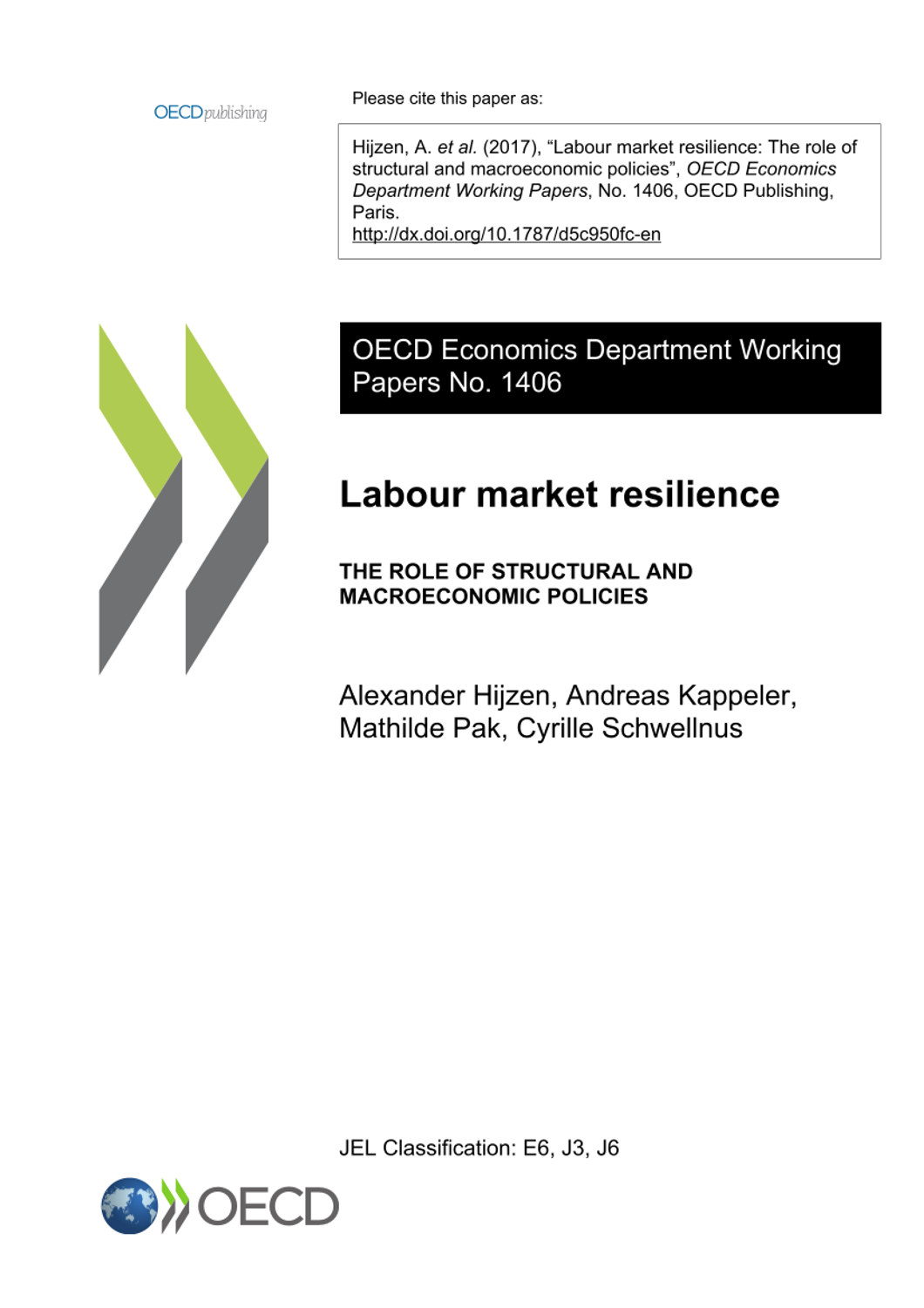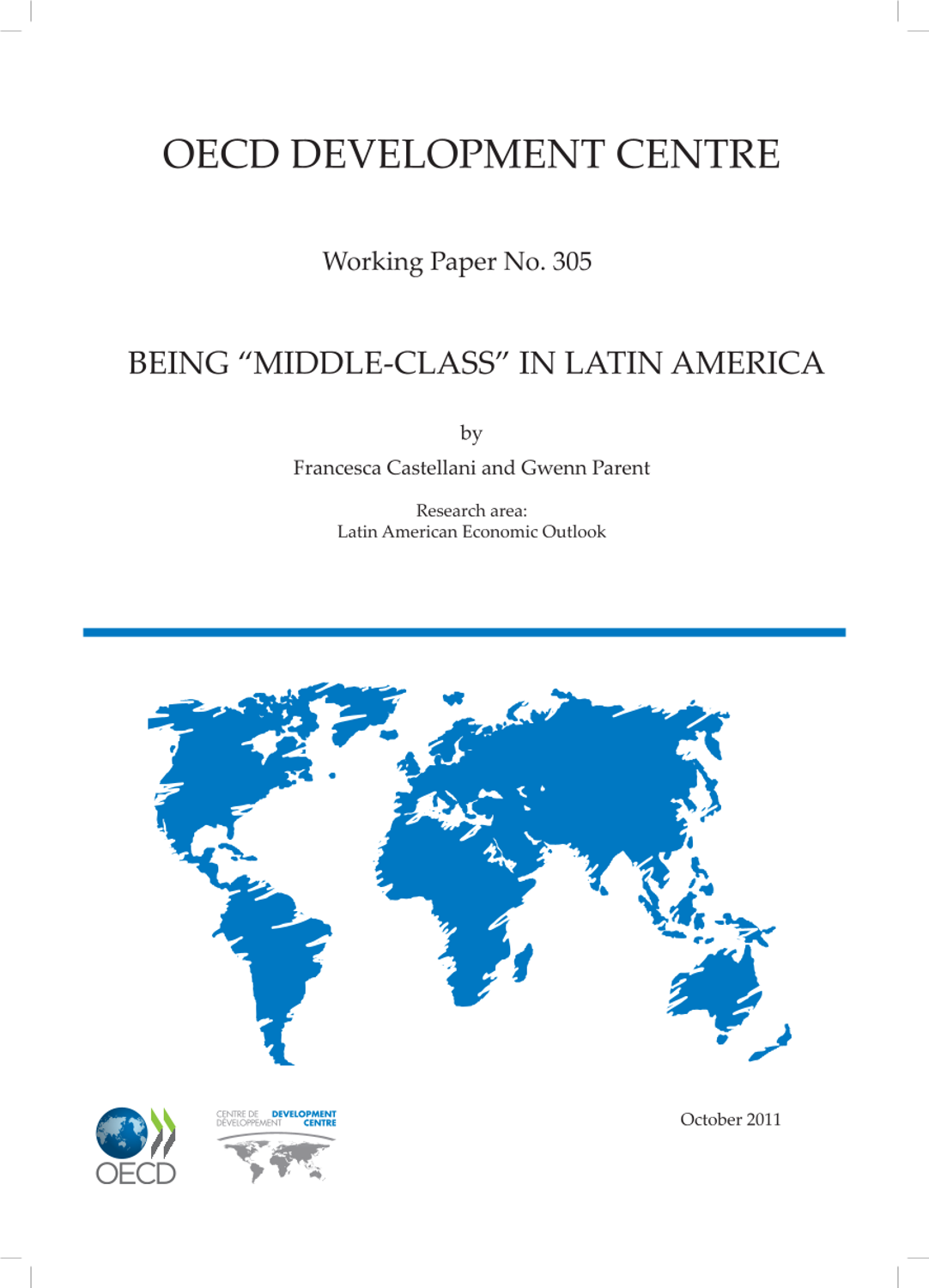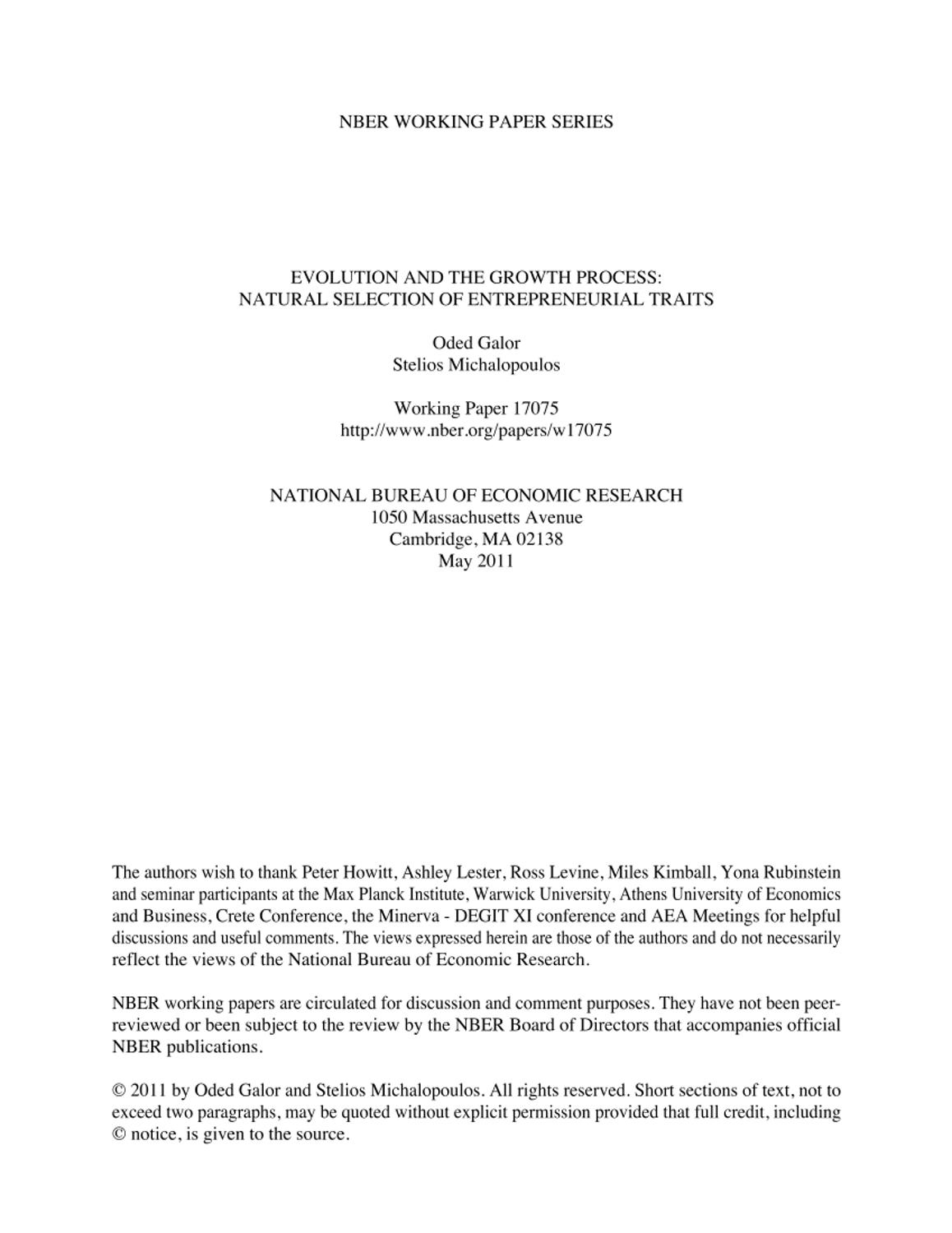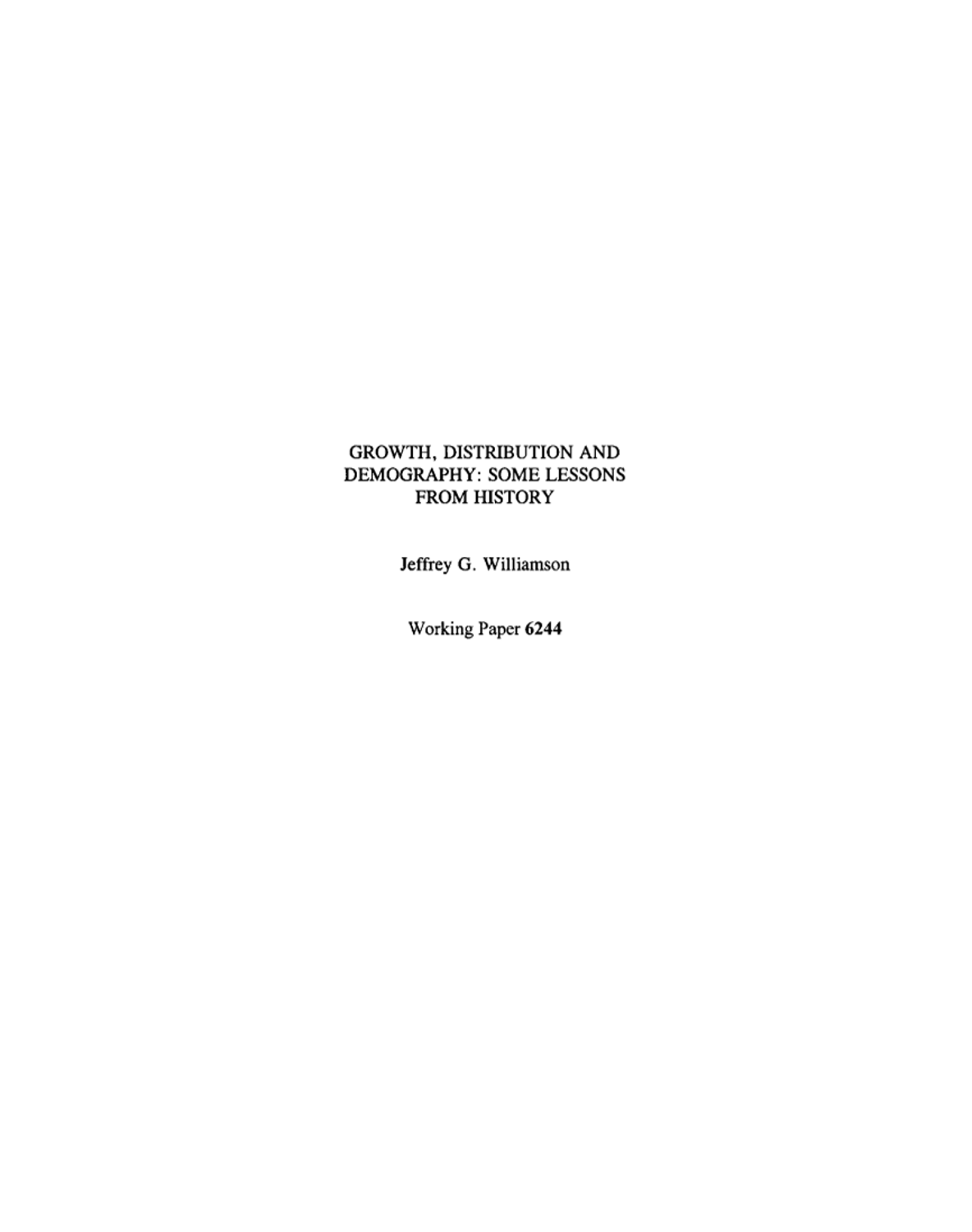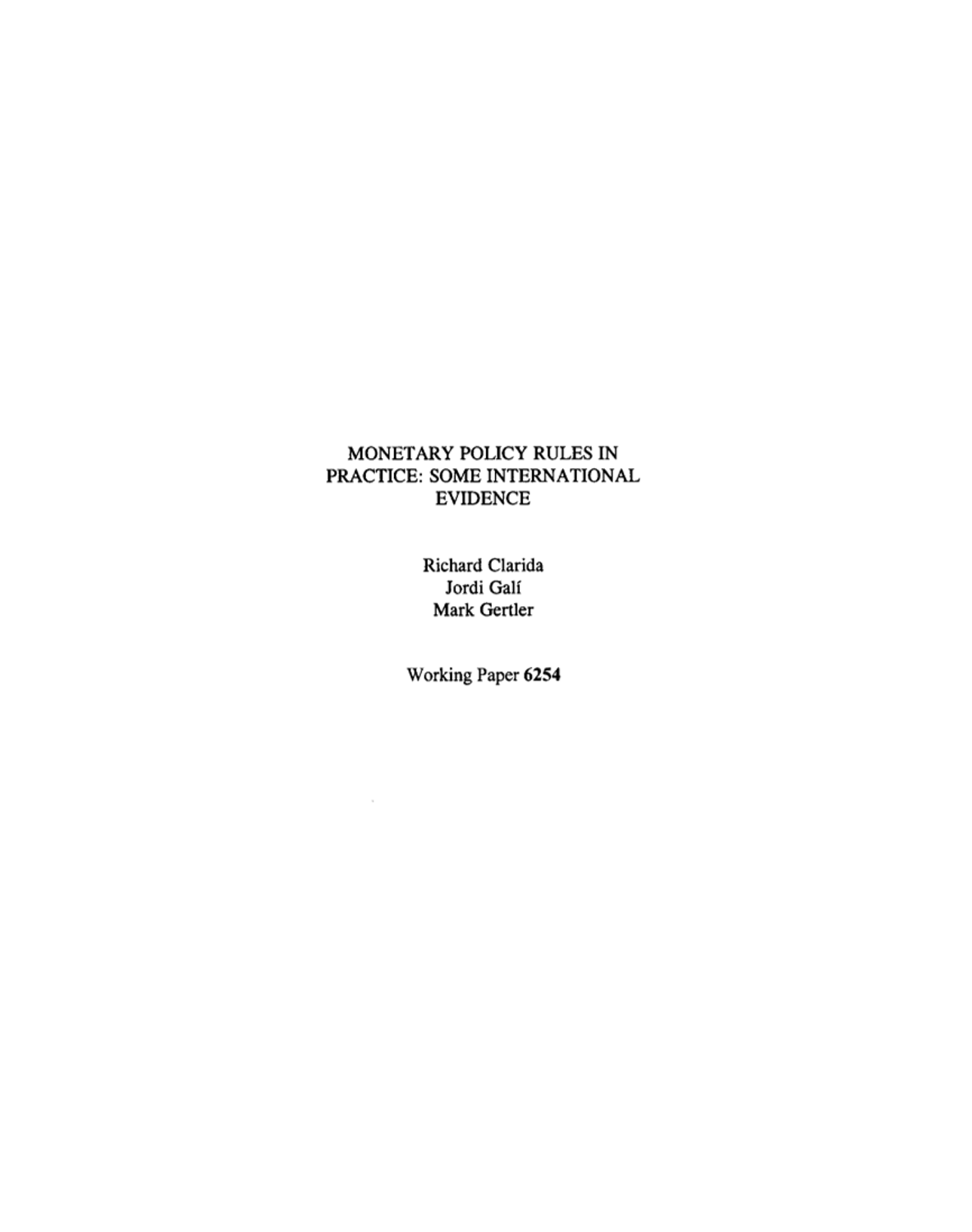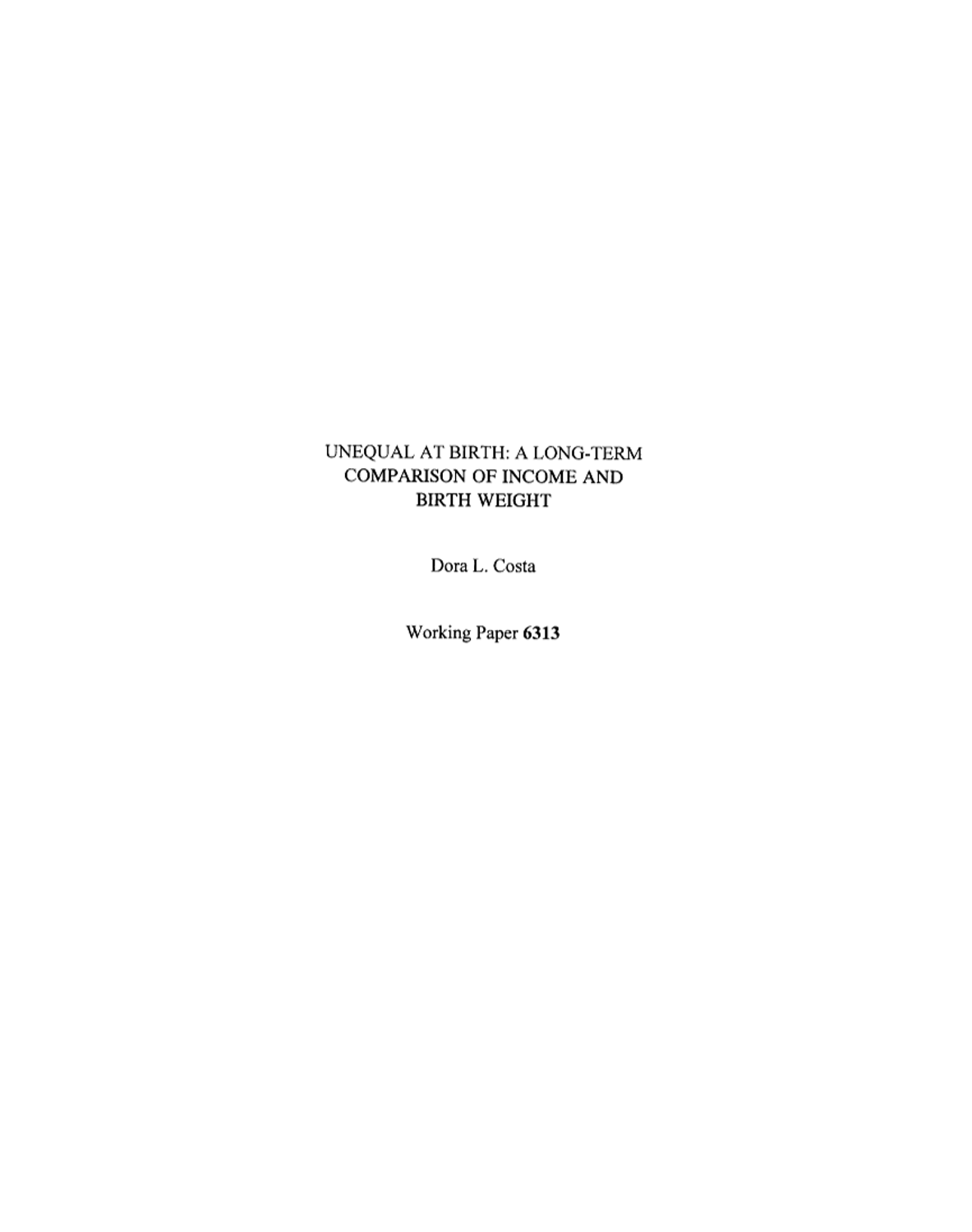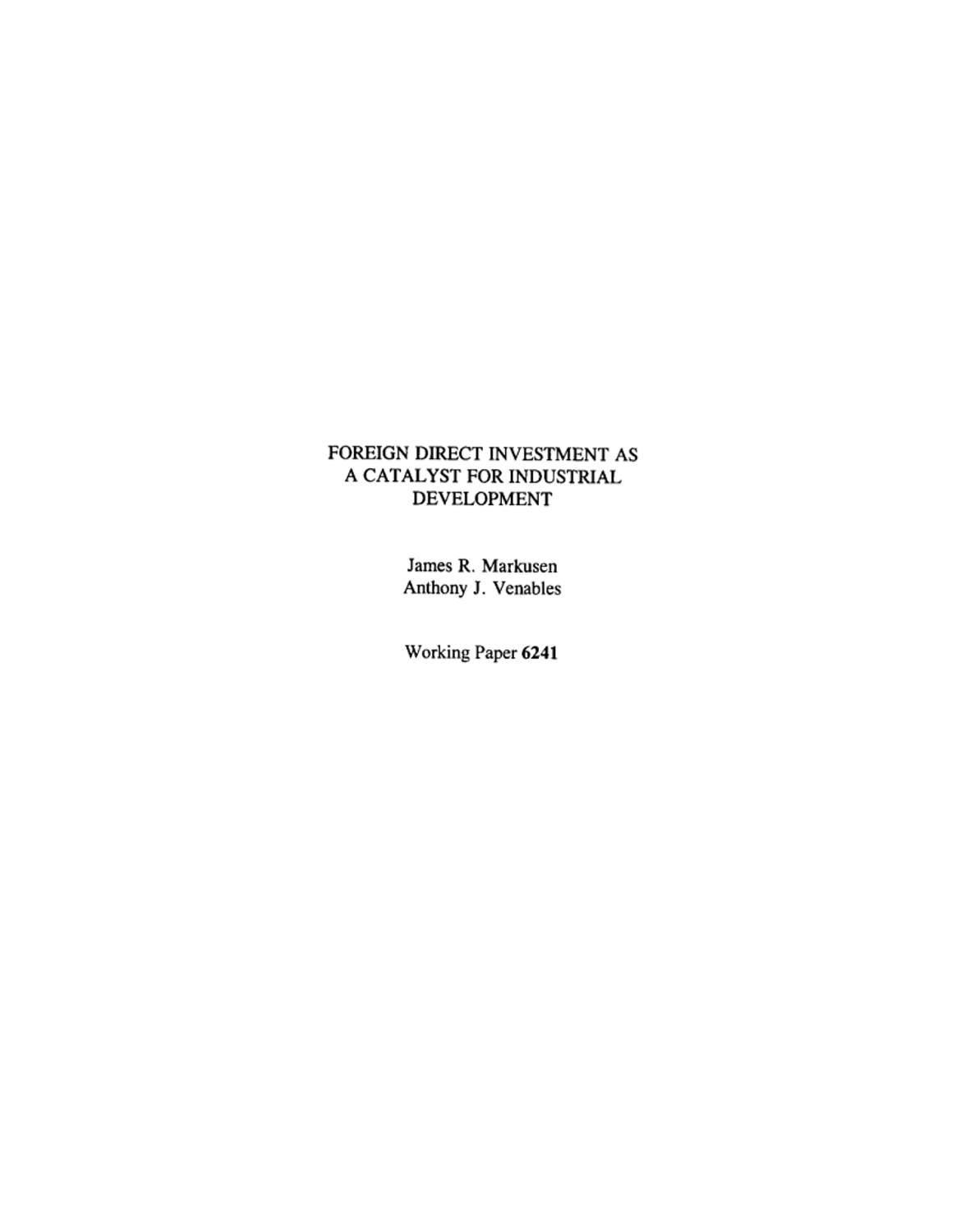연구보고서OECD Economics Department Working Papers 1406
Labour market resilience: The role of structural and macroeconomic policies
- 청구기호
- WP 1406
- 발행사항
- Paris : OECD Publishing, 2017
- 형태사항
- 39 p. :. PDF file ;. 1,291 KB
- 바로가기
소장정보
| 위치 | 등록번호 | 청구기호 / 출력 | 상태 | 반납예정일 |
|---|---|---|---|---|
이용 가능 (1) | ||||
| E0002761 | 대출가능 | - | ||
이용 가능 (1)
- 등록번호
- E0002761
- 상태/반납예정일
- 대출가능
- -
- 위치/청구기호(출력)
책 소개
This paper provides an overview of labour market resilience in the wake of the Great Recession of 2008-09 and the role played by macroeconomic and structural policies. The OECD unemployment rate has returned to close to its pre-crisis level, but the unemployment cost of the Great Recession has nonetheless been very large and long-lasting in many countries. Moreover, as the recovery in output has been weak relative to the recovery in employment, labour productivity and wage growth remain low. Labour market resilience depends crucially on macroeconomic and labour market policy settings. Macroeconomic policies are highly effective in limiting employment declines during economic downturns and preventing that cyclical increases in unemployment become structural. Spending on active labour market policies needs to respond strongly to cyclical increases in unemployment to promote a quick return to work in the recovery and preserve the mutual-obligations ethos of activation regimes. Overly strict employment protection for regular workers reduces resilience by promoting the use of temporary contracts and slowing job creation in the recovery. Co-ordinated collective bargaining systems can promote resilience by facilitating wage and working-time adjustments.

